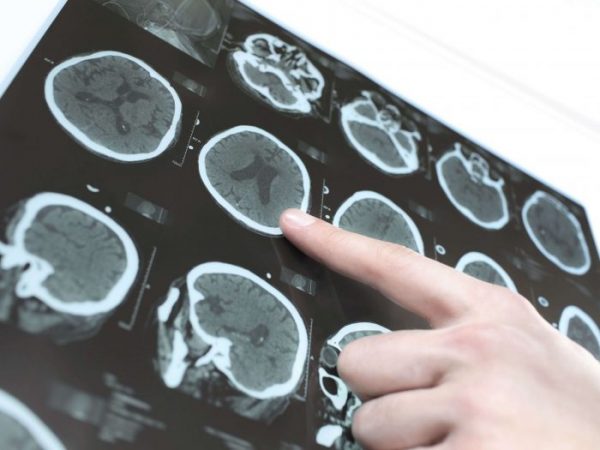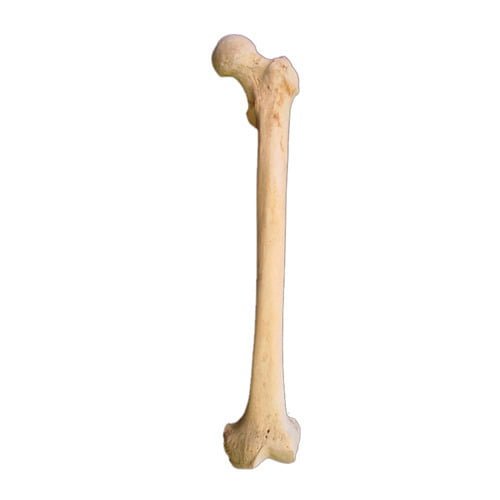ABOUT MEDICAL EXAMINATION
A medical examination, also called medical checkup or health checkup, is a general examination of a patient’s health. Having a medical checkup can help to identify problems early on, even before symptoms show. A checkup can also give patients peace of mind if they are worried about their health.
It is recommended to have a general health checkup every few years. This is especially for people who are overweight, unhealthy, or who have a family history of diseases like heart disease, cancer, or diabetes. A health checkup can help to identify problems early on, such as high blood pressure or heart disease, so that patients can make necessary lifestyle changes and if needed, take medication.
There are many different tests that may be performed in a health checkup, including blood tests, diagnostic imaging, cardiac studies and more. A medical checkup may also include cancer marker blood tests, to detect any signs of cancerous cells in the body.
A checkup is recommended if you have concerns about your health, and wish to put your mind at ease, or if you have health problems which require ongoing monitoring.
Recommended for
A medical checkup is recommended for anyone, in particular people who are at risk of developing certain health conditions.
TIME REQUIREMENTS
- Average length of stay abroad: 3 – 4 days.
Medical checkups can be combined with sightseeing or shopping trips.

COMPARE MEDICAL EXAMINATION PRICES AROUND THE WORLD
| Country | Cost |
|---|---|
| France | 2250€ |
| Poland | 352€ |
| Mexico | 323€ |
| Thailand | 74€ |
| India | 27€ |
HOW TO FIND QUALITY TREATMENT ABROAD
BEFORE MEDICAL EXAMINATION ABROAD
A medical checkup can be combined with a trip abroad, and basic health checkups abroad begin at around $30.
HOW IS IT PERFORMED
Usually the checkup will take place over 1 or 2 days, depending on how thorough the medical examination is. A doctor will discuss any health conditions or problems you may have, and then you will be sent for necessary tests.
A standard, basic health checkup will usually include:
- A consultation with a general practitioner: The patient can discuss any health complaints, find out which tests are appropriate for them, and get advice on keeping healthy.
- An electrocardiogram: This helps to highlight any problems with the heart, such as coronary artery disease, irregular heartbeat, congenital heart defects, or heart valve disease.
- Lab tests: In a basic checkup, the doctor will usually order a “Basic Metabolic Panel.” This is one of the most common lab tests, and shows the levels of 4 key electrolytes; sodium (Na), potassium (K), chloride (Cl), and bicarbonate (Co2), as well as blood urea nitrogen (BUN), creatinine (Cr), and glucose in the blood. This set of tests can help to show any acute problems such as dehydration or low blood sugar, as well as checking kidney function.
- Complete blood count (CBC): This test can help to show infection, anemia, or leukemias, by looking at the proportions within the blood. For example, high numbers of white blood cells can indicate that the body is fighting an infection.
- A chest X-ray: This visualizes the organs within the chest, and can be used to check the health of the heart and lungs. It can be used to diagnose congenital heart defects, fluid in the lungs, lung disease, or masses. It can also show damaged ribs.

Depending on your health, doctors may recommend additional tests, such as:
- Cardiac tests: In addition to an electrocardiogram, the specialist may recommend an echocardiogram or stress testing (using exercise or drug-induced stress).
- Lab tests: Some patients may benefit from additional lab tests, such as occult blood stool test, C-reactive protein (CRP) test, a complete metabolic panel.
- Body mass tests: Options include body fat distribution, abdominal fat analysis, and whole body composition analysis.
- Imaging options: As well as a chest X-ray, doctors may recommend an abdominal ultrasound scan, carotid artery ultrasound scan, colonoscopy, or bone mineral densitometry (BMD). Women may also be advised to have a pelvic ultrasound scan and mammogram.
- Cancer marker tests: Depending on the patient’s age and family history, the specialist might recommend cancer marker tests such as carcinoembryonic antigen (CEA), CA 125, CA 15-3, or CA 19-9, which can be used to detect certain types of cancer.
- Other tests: Women are often recommended to have thyroid panel tests (T3,T4 and TSH), as well as pap smear testing and vitamin B12 and D3 testing, depending on the age of the patient. Some patients will be recommended to test for communicable diseases such as Hepatitis C, Hepatitis B, and HIV.
Some patients also wish to gain information on their blood group (ABO & RH typing), and many hospitals and clinics offer this service. Many clinics and hospitals offer bronze, silver, or gold checkup options, and these can often be tailored to suit your needs.










